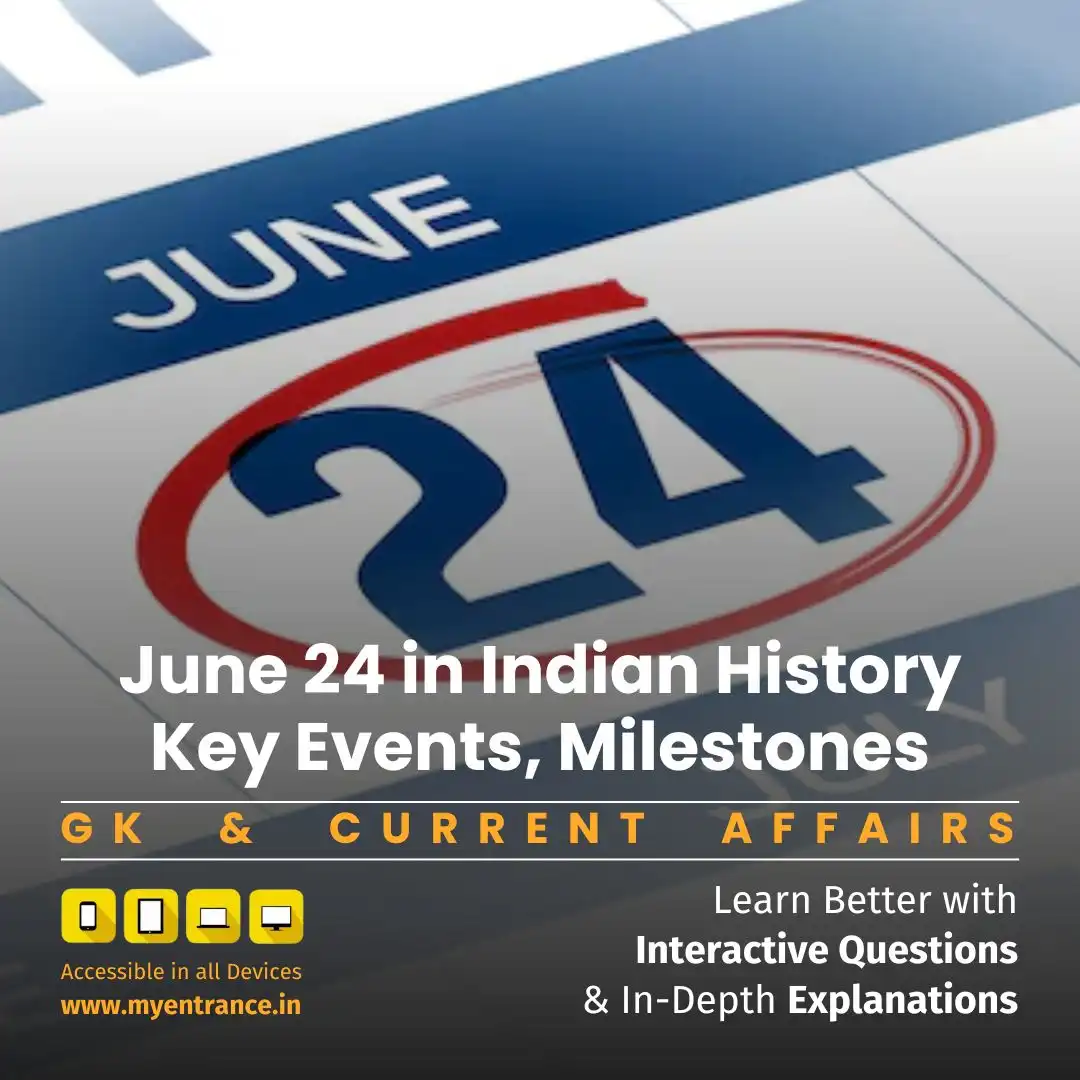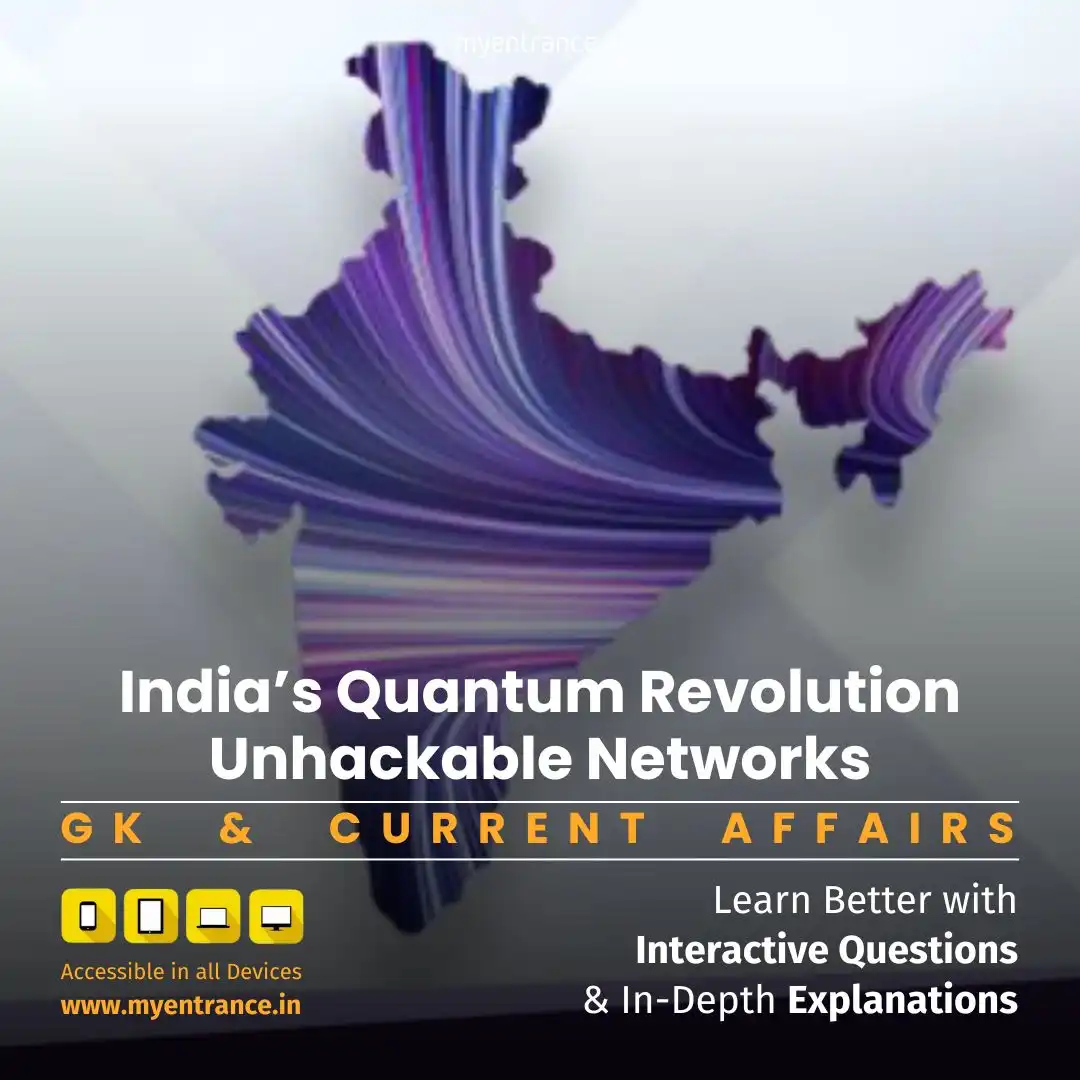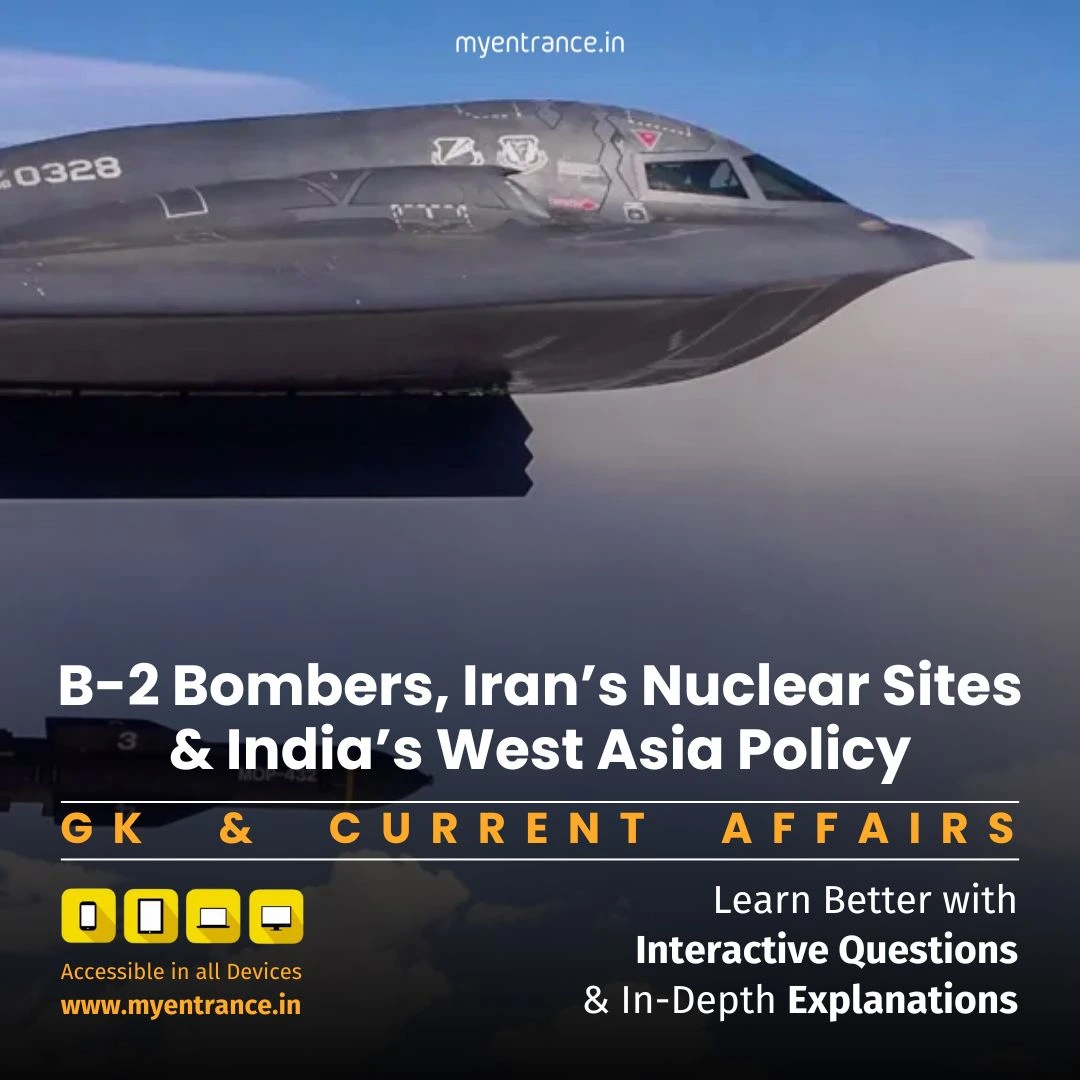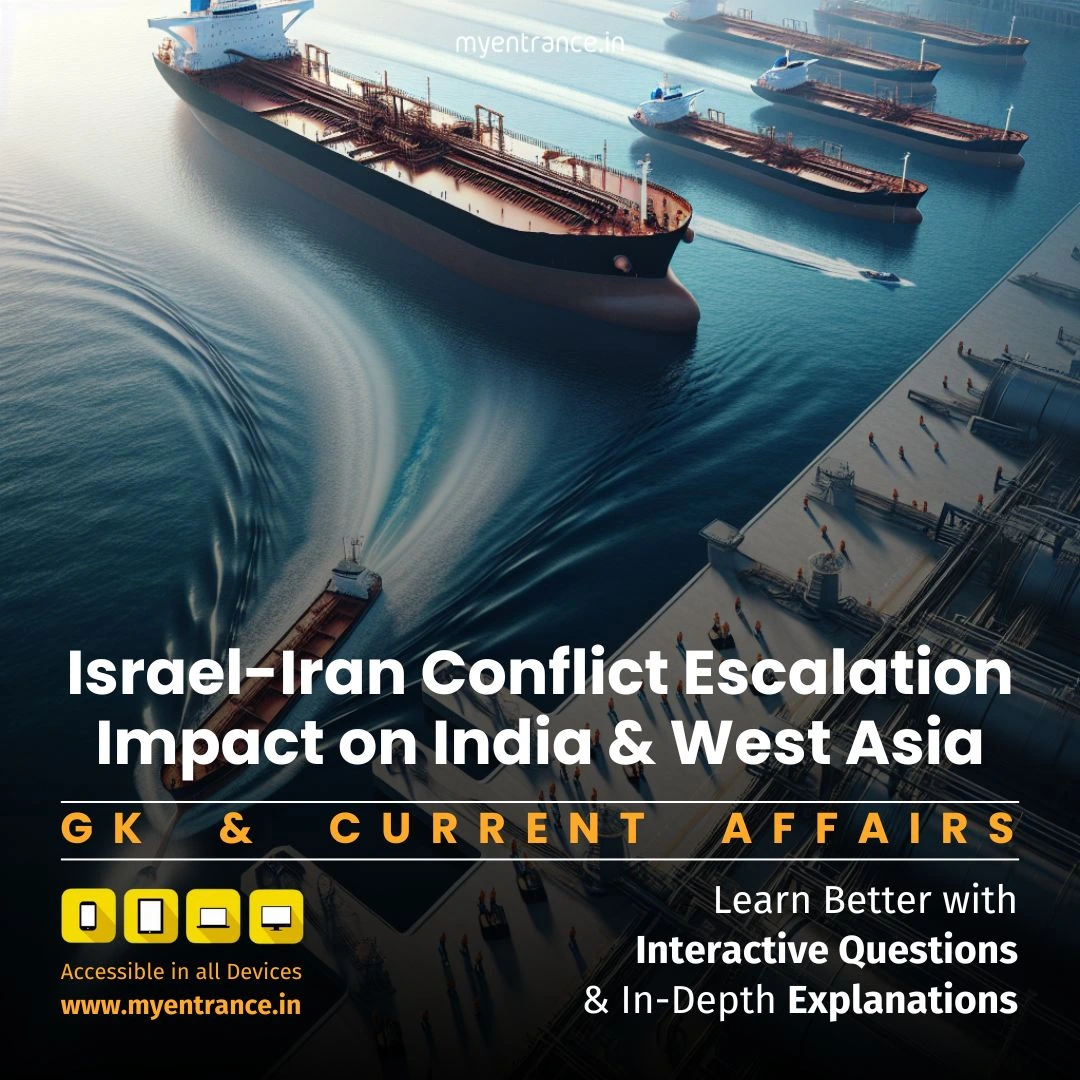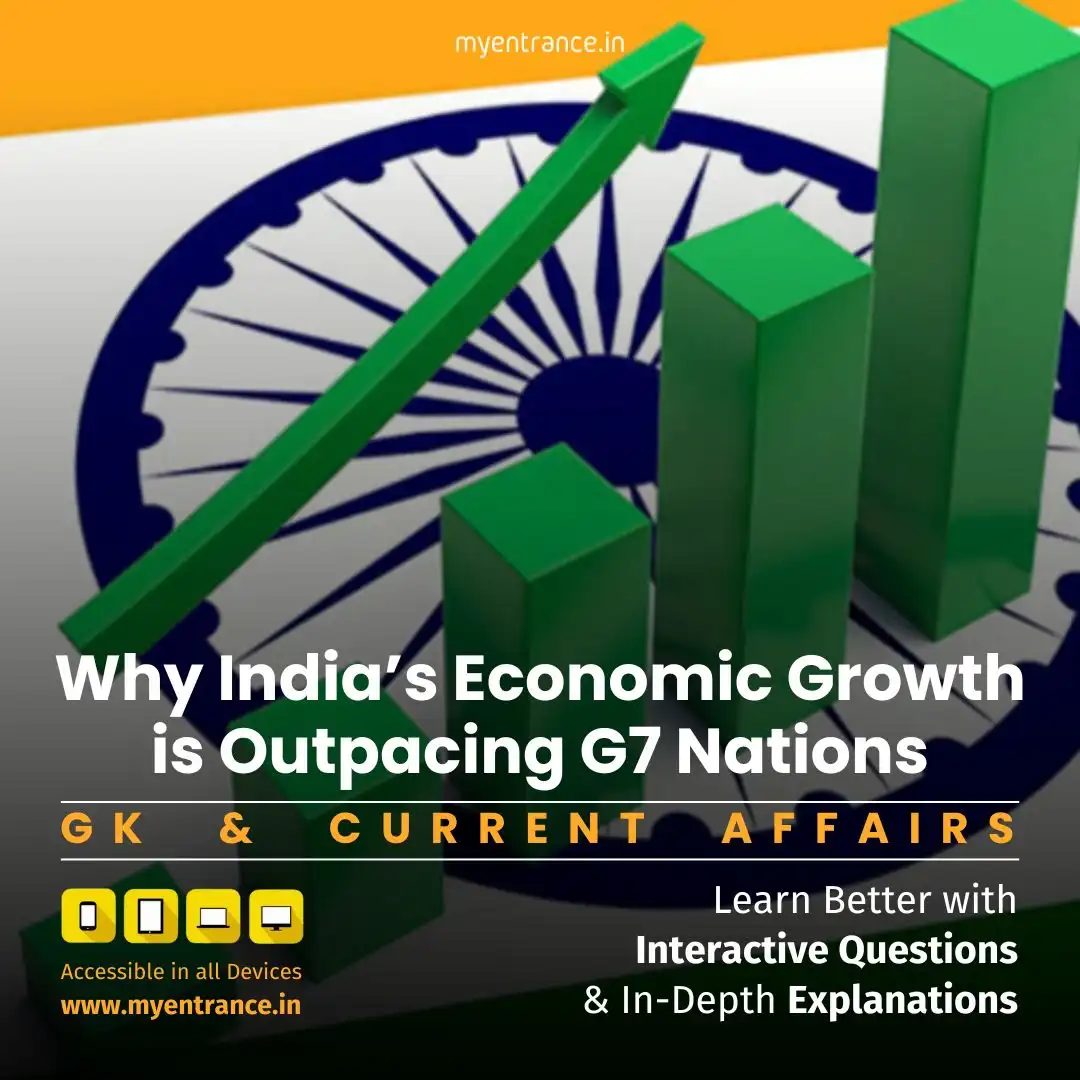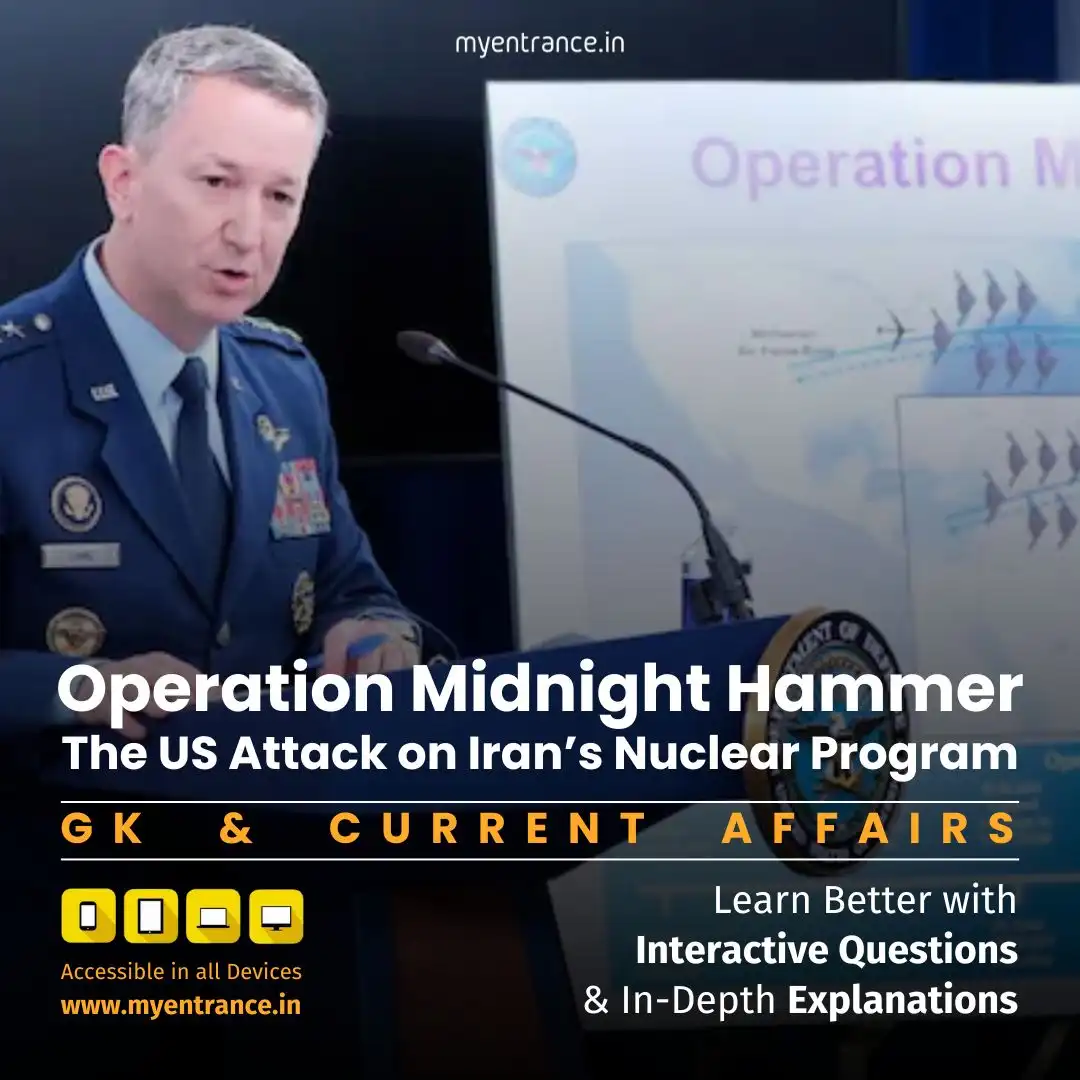Select Language
India’s Neighbourhood First Policy: Evacuating Nepal & Sri Lanka Citizens from Iran
India has launched emergency flights to evacuate Nepali and Sri Lankan citizens stranded in conflict-hit Iran, reinforcing its “Neighbourhood First” doctrine. This move highlights Delhi’s diplomatic balancing act and regional leadership.
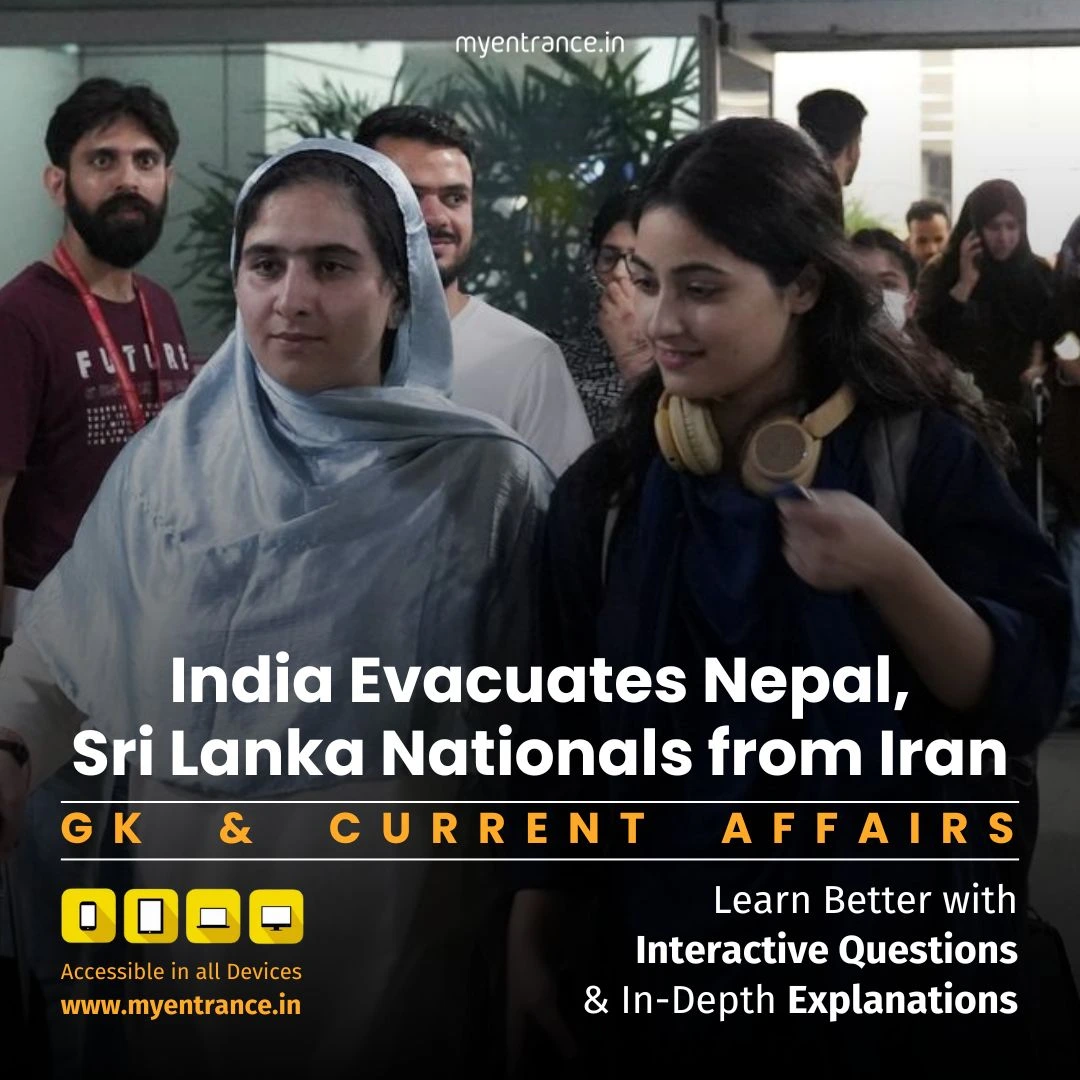
Rewritten Content (SEO-Optimized & Plagiarism-Free):
India’s Diplomatic Outreach: Evacuating Neighbours from Iran
As Iran-Israel tensions escalate, India has expanded Operation Sindhu – its mission to evacuate Indians from Iran – to include citizens of Nepal and Sri Lanka. This decision underscores India’s commitment to its Neighbourhood First Policy, where regional solidarity takes precedence during crises.
Why This Matters for India’s Foreign Policy
Neighbourhood First in Action: India consistently aids neighbours during emergencies (e.g., COVID vaccines, Ukraine evacuations). This builds trust and strengthens regional frameworks like SAARC.
Strategic Balancing: India maintains ties with both Iran (Chabahar Port, Afghanistan interests) and Israel (defense partnership). Evacuating nationals without taking sides exemplifies diplomatic agility.
Gujral Doctrine Resonance: The policy echoes former PM I.K. Gujral’s principles: non-reciprocal assistance to neighbours to foster stability.
Key Drivers of India’s Response
Humanitarian Leadership: Nepal’s FM and Sri Lanka’s MFA publicly thanked India, citing “enduring partnership” and “strength of bilateral ties”.
Regional Security: Instability in Iran threatens Indian Ocean security. Proactive evacuations prevent spillover effects.
Domestic Connectivity: Supporting neighbours aligns with projects like SAGAR (Security and Growth for All in the Region) and cross-border infrastructure.
Challenges & Significance
Strategic Dilemma: Balancing Iran’s energy ties/Chabahar interests with Israel’s defense cooperation.
Soft Power Gains: Reinforces India’s role as a “first responder” in crises – boosting influence in IOR (Indian Ocean Region).
Exam Relevance: Direct linkage to Mains GS-II (India-neighbourhood relations) and Prelims current affairs.
Pro Tip for Aspirants: Map-work practice is essential! Revise India’s bordering states (e.g., Bihar/UP with Nepal, Tamil Nadu with Sri Lanka) and strategic locations like Chabahar (Iran).
Sample Q&A for Competitive Exams:
Q1. (Prelims) Operation Sindhu is associated with:
a) India-Maldives security cooperation
b) Evacuation of Indians from Iran
c) Flood relief in Nepal
d) Indo-Israel joint military exercise
A: b) Evacuation of Indians from Iran
Q2. (Mains) How does India’s Neighbourhood First Policy reflect the Gujral Doctrine?
A: Both emphasize non-reciprocal assistance, trust-building, and regional stability. The evacuation of Nepal/Sri Lanka nationals exemplifies this.
Q3. (Prelims) Which key port in Iran is strategically vital for India?
a) Bandar Abbas
b) Chabahar
c) Bushehr
d) Bandar-e Anzali
A: b) Chabahar
Q4. (Mains) Discuss challenges in India’s diplomatic balancing between Iran and Israel.
A: Key challenges: Energy ties with Iran vs. defense tech with Israel; differing stances on Palestine; U.S. pressure on Iran sanctions.
Q5. (Interview) Should India mediate in the Iran-Israel conflict? Justify.
A: While India has diplomatic leverage, mediation requires neutrality. Current priorities: protect nationals, ensure regional stability, and back multilateral dialogue.
Most Predicted Questions
Comprehensive study materials, Expert-guided tips & tricks, Mock tests and instant results.
Start your SSC, NIFT, NID, FDDI, PSC journey today with MyEntrance, your ultimate online coaching platform.
